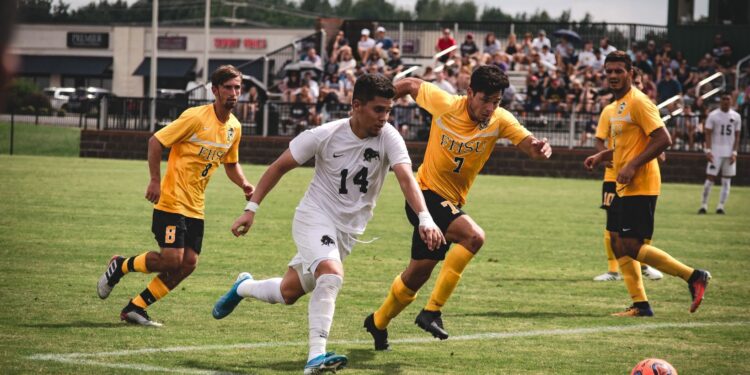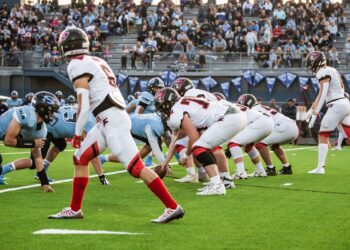Bantu languages are spoken by tens of millions of people in central and southern Africa. Now you’ll say – so what? Well, these languages don’t even have a word for “ball”. Yet, people across the continent love football more than any other sport. African football didn’t live up to high hopes after Cameroon’s success in the 1990 World Cup, but it’s still heading to a brighter future.
African football’s old narrative – colonizers bringing their game to the African masses – feels outdated. Today, African players are more than contributors. They are proper stars. Salah, Mane, Osimhen. These players are big names in the European football. They are, single-handedly, rebranding leagues that once viewed them through a paternalistic lens. A weird flip of the script.
But how does it translate to their home leagues? Is it safe to say Africa’s football leagues are better off now than they were five, or ten years ago? After all, due to the colonial past, the Premier League and other European leagues are immensely popular in Africa. Africans watch these games, bet on football in Europe, and passionately support European teams. And for domestic clubs, it’s hard to compete with that. The African Football League is perhaps, so far, the best answer to that question.
AFL as a Tool to Improve African Club Football and Leagues
First, a small digression. African Football League is the latest effort of CAF and FIFA to improve the quality of African football. According to these two organizations, AFL is here to improve the quality of African football and make it more appealing. On top of that, the goal is to encourage talents to stay in Africa, while also improving the football infrastructure across the continent. While AFL received a lot of criticism, it’s still one of the most promising and exciting projects that happened to African club football.
The State of African Club Football and Leagues
African Football League showed us that the African club football has become more competitive, but also more competent in organizing large-scale tournaments. That is followed by several other signs that African football leagues are on the right track. First, youth academies are better than ever. More about that will follow in the last section of the article, but talent scouting and youth development have been going strong lately. There are several notable institutions in that regard, like ASEC Mimosas and Right to Dream Academy in Ghana who already proved the capacity to produce top talents.

Then, it’s important to mention how huge Africa is as a continent. There are 54 countries in Africa with a wide range of differences and similarities in every regard. Arguably, the best football is played north of the Sahara and in South Africa. North African leagues are on par with some European leagues, especially Egyptian, Moroccan, and Tunisian leagues. South Africa is another example of good football, especially Mamelodi Sundowns as winners of the first African Football League. But, it’s fair to say, that all these countries have far better infrastructure and invest more in football than the rest of the continent.
African National Teams Better Off Than Club Football?
It’s undeniable that African national teams are leveling the playing field with their European and South American counterparts. But, curiously enough, this isn’t the result of some football renaissance within Africa itself.

Far from it. Corruption, incompetence, and fragile institutions are still very much part of the game, unfortunately. The real reason actually lies outside Africa, just as with club football. European clubs, hungry for talent, come to Africa looking for fresh new players, and many of these players have set up their own academies back home after retirement.
Remember the London derby between Chelsea and Arsenal back in 2008? Out of 28 players, 13 were of African descent. And just five were English, which, by itself, raises a whole other set of questions about identity in modern football. So in conclusion, Africa already has the main resource – talent. No one can deny that. The marriage of talent and other important factors needs to happen for the African football leagues to truly set off. Until that, we will enjoy the steady but sure improvements in football in Africa. Hopefully, the rest of the world too.







